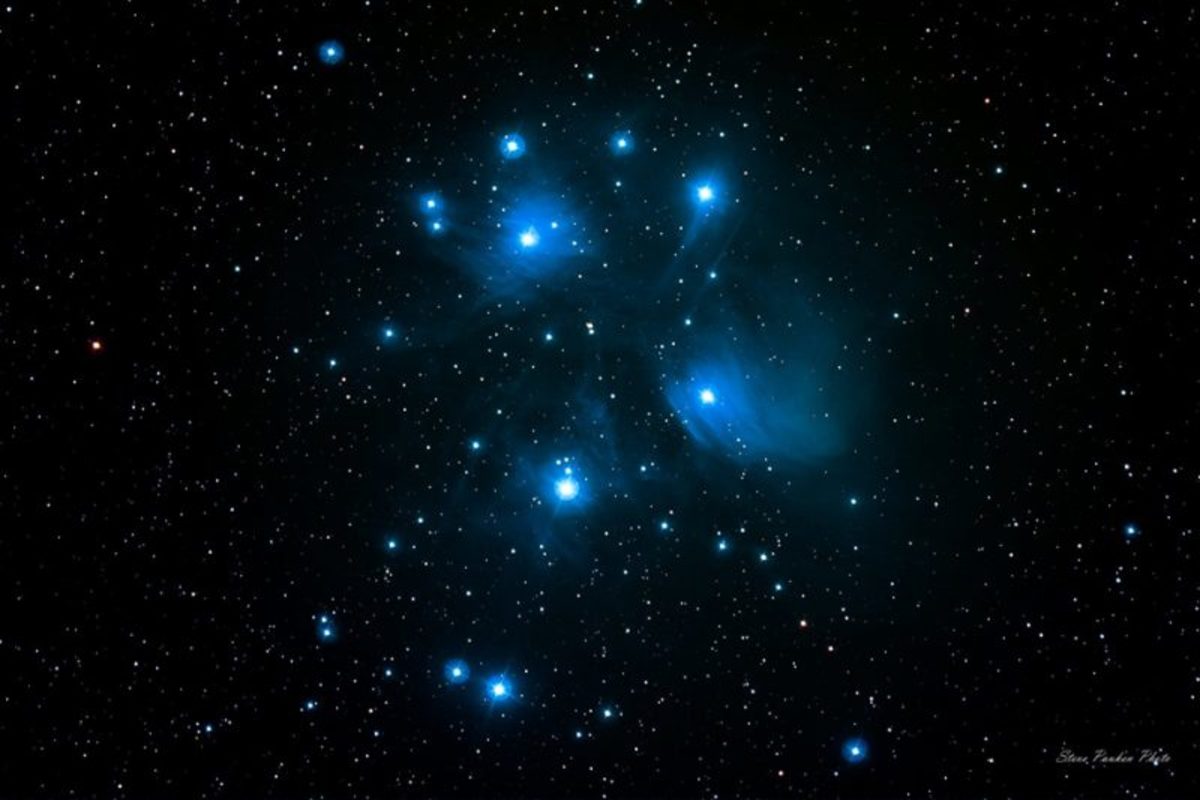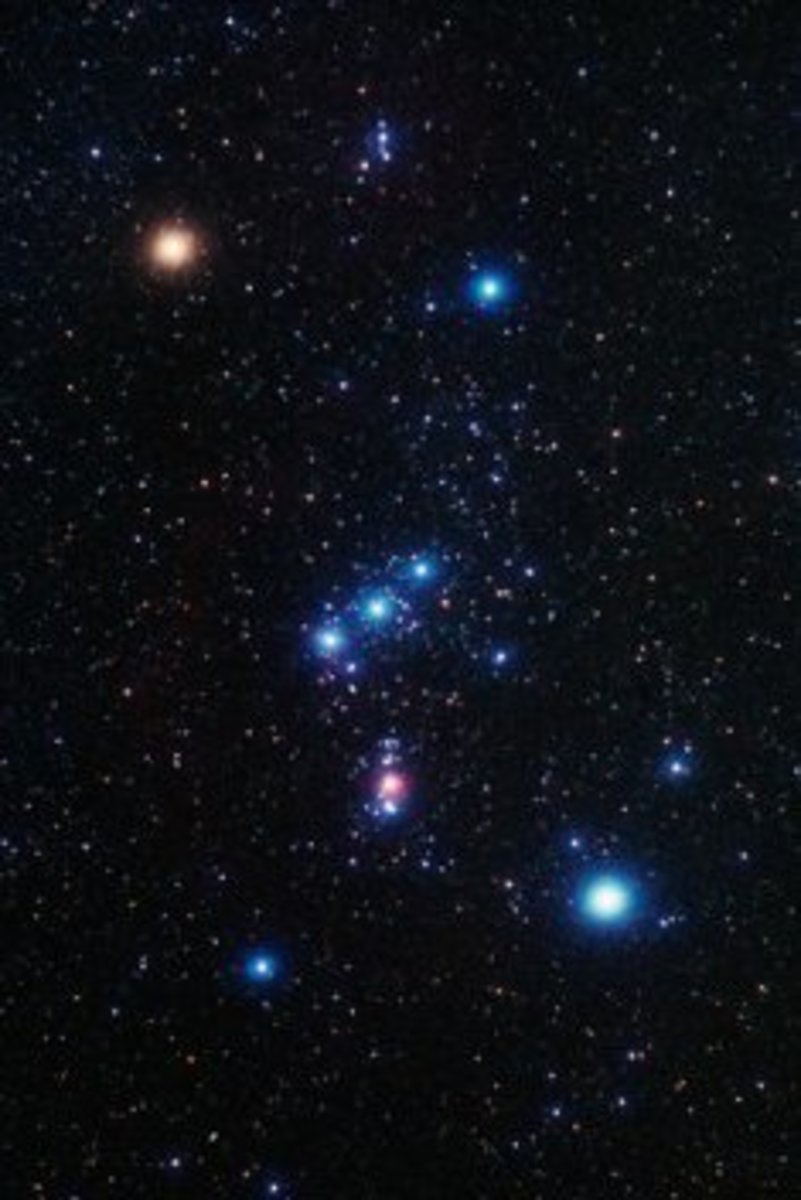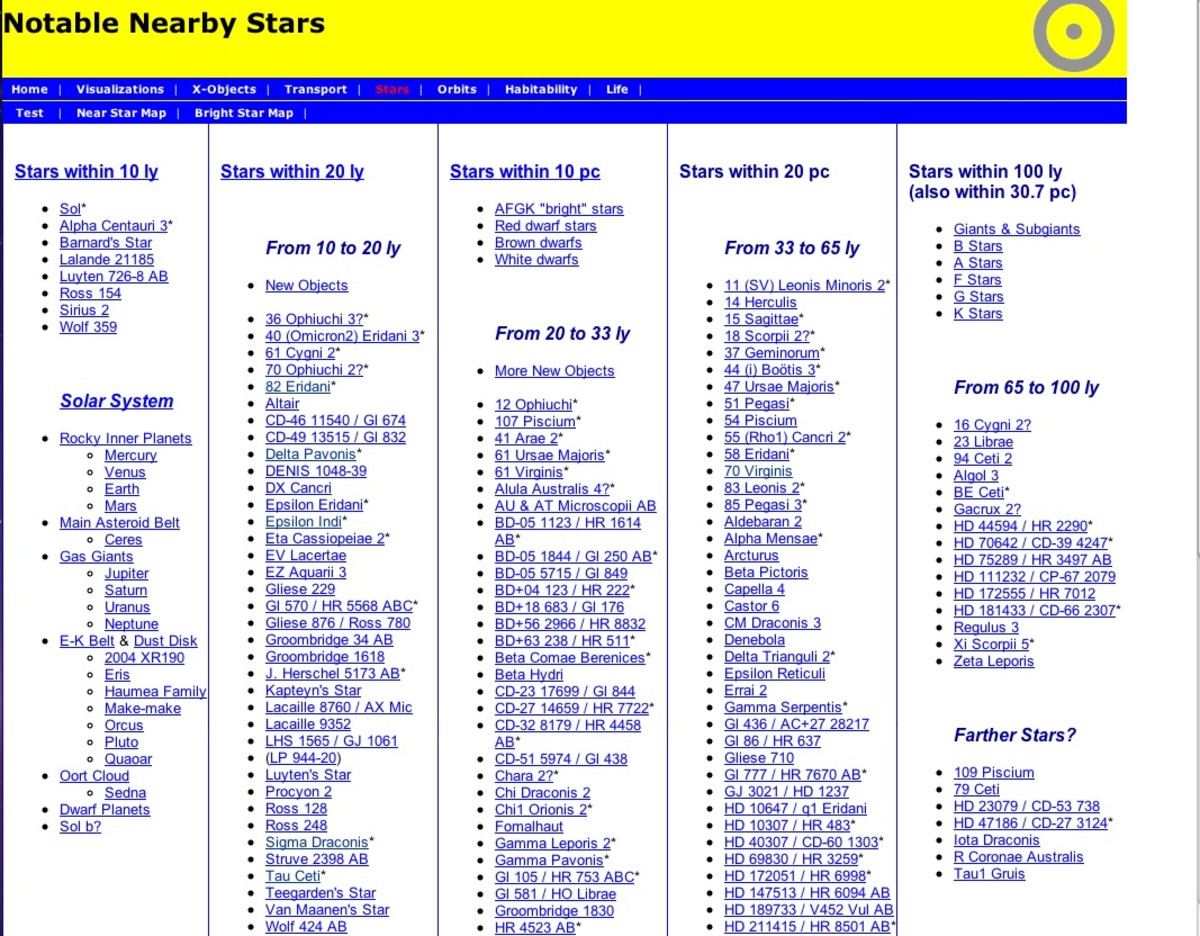Astronomy and the Stars.

What Is The Fascination With Astronomy And The Stars?
Looking up at the night sky has been a human hobby and a science for thousands of years. Since time immemorial man has been gazing towards the heavens and trying to figure out just what exactly is out there.
Astrology is the study of the stars, moons, and other celestial bodies that inhabit outer space including planets, comets, meteors, nebulae, and galaxies.
We humans have been fascinated by them for millennium and that fascination continues to grow with each new discovery.
So join me on a trip to the stars in this astronomical Astronomy Lens. Enjoy!
Images courtesy of sxc.hu
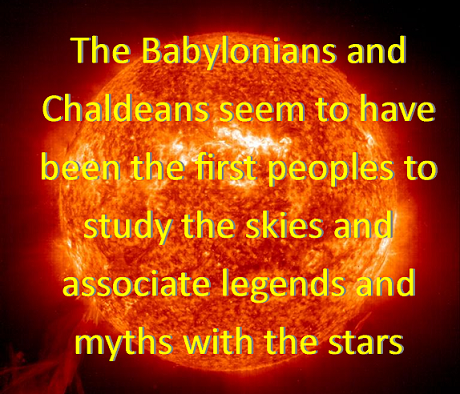
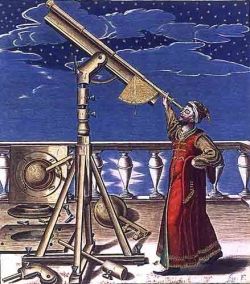
Early history of Astronomy.
Humans have been looking up at the stars for a long very time.
Early civilizations had vastly differing views of what the universe was like. Generally speaking the concept was of a solid earth on top of a watery underworld. The Babylonians and Chaldeans seem to have been the first peoples to study the skies and associate legends and myths with the stars. From these legends and a quest for divine knowledge, astrology came into being. The Chinese were also skilled astronomers. They took down records of events although their understanding of them was often lacking.
The Greeks were the next civilization to really advance astronomy as they did with much science. They understood a flat earth with a spherical, rotating sphere above. The Greeks where brilliant philosophers and it was men like Thales that drove the mind forward. In around 500 BC another philosopher, Anaximander, suggested, possibly for the first time, that the world was round to explain effects of the horizon.
By 300 BC Plato and Aristotle had furthered the idea of a spherical earth - how else could eclipses be explained - circled by all the known heavenly bodies. Not long after Ariastarchus proposed that the observed motions could also be understood by placing the sun at the center of the universe. Philosophy, however, did not find such a suggestion attractive as it made the earth inferior.
There was one final great Greek astronomer before the time of Christ - Hipparchus. He cataloged over 1000 stars keenly noting their positions and motions. His work would have been long forgotten were it not for Ptolemy who some 300 years later published some of the results in with his own work. The significance of Hipparchus' work was noted by the European Space Agency (ESA) who named a satellite after him with the sole purpose of mapping the entire sky in very precise detail!
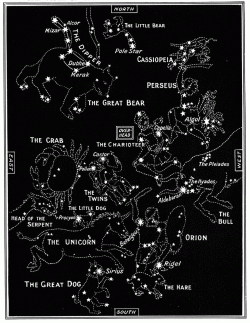
What exactly is Astronomy?
Just ask the Greeks.
Astronomy refers to the study of the universe. It deals with the celestial objects such as planets, stars, comets, meteors, nebulae, and galaxies, and various phenomena involving these objects. It comes from two Greek words, "astro," which means "star," and "nomos," which means "law." Combining these two words, astronomy means "law of the stars."
Astronomy should not be confused with "astrology." The latter involves studying the stars and relating it to people's individual characteristics and to the future, which has no scientific basis compared to astronomy.
People were engaged in the practice of astronomy for thousands of years, making it one of the oldest sciences. In fact, people in ancient history frequently watched the stars and took note of their positions in space. Even before modern astronomy, they studied these clusters of stars called constellations.


The 2 Main Branches of Astronomy.
And lots of little branches too.
Astronomy has two main branches. Optical astronomy primarily uses telescopes to study visible objects in the universe, while non-optical astronomy deals with the study of characteristics in the universe that are not visible to the naked eye through the use of other sophisticated instruments aside from telescopes. One of these features is the electromagnetic spectrum, which gives us information on how the stars and other celestial bodies are formed.
There are numerous subfields in astronomy. Some of these are planetary astronomy, solar astronomy, stellar astronomy, galactic astronomy, extragalactic astronomy, and cosmology. Planetary astronomy, as the name implies, refers to the study of planets, as well as the comets and meteors, while stellar astronomy deals with the study of the stars and changes these stars undergo from creation to death. Although the sun is considered as a star, some references considered the study of the sun and its changes as a separate subfield, referring to it as solar astronomy.
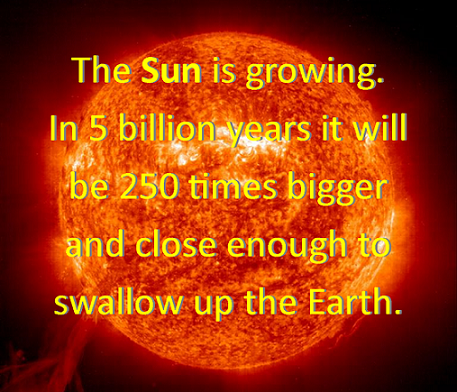

Canis Major.
A Major Constellation
Canis Major is found southeast of Orion. An easy way to locate the constellation is to locate the three stars that make up Orions Belt and follow the stars down in a south westerly direction until you come to the next bright star. This is Sirius, the brightest star in the constellation.
In the star chart of Canis Major the open cluster M41 can be found just to the south. Like all open clusters, it contains a few hundred young stars and has no particular shape.
Together the stars are just bright enough to be seen with the naked eye on a clear night with no moon. With binoculars they appear as a faint smudge but, in a telescope, the cluster is easily seen, covering about as much sky as the full moon does.
The cluster appears low in the sky from northern latitudes and thus light pollution sadly reduces its brilliance
Sirius also has a companion star, known as Sirius B. Sirius B was the first 'white dwarf' ever to be discovered.




